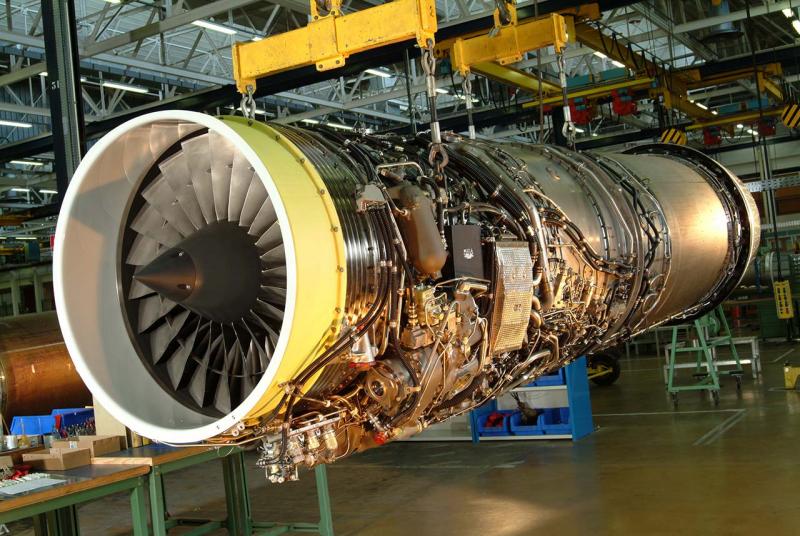
As a simple implementation of an application on the Streamlit platform, this project provides a tool to predict RUL based on engine sensor data. This data incorporates sequential noisy signals from multiple non-overlapping engines. After smoothing and cleaning the data and feature engineering, we select one of four models, three of which do not take into account the time dimension (Linear regression, KNearest neighbour, and Support vector machines), and a fourth which does (LSTM neural network).